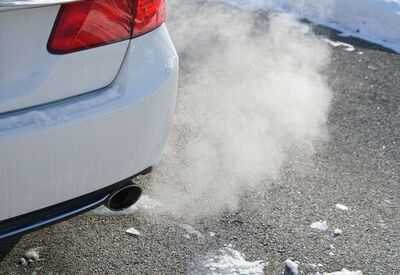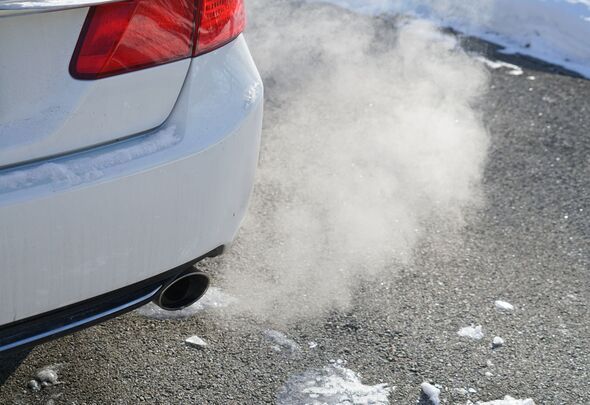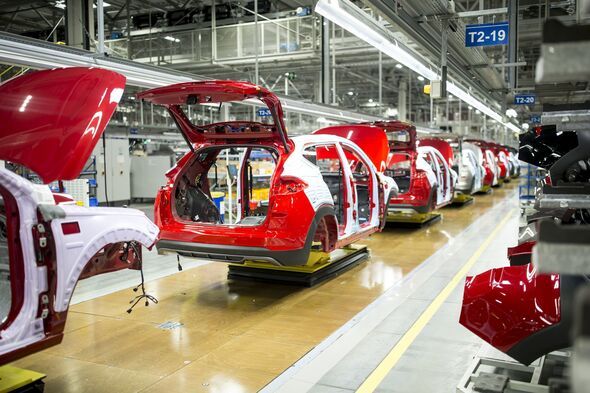

Motorists could face a "total ban" on petrol and diesel vehicles in certain areas of the country by the end of the decade as new rules loom, according to experts. The 2030 petrol and diesel car ban only legally affects sales of brand new models, meaning road users can still drive their second-hand combustion models after the cut-off.
However, motoring specialists at PodPoint stressed that local authorities could then start to slowly crackdown on all petrol and diesel owners. PodPoint explained that combustion owners may become restricted from entering "certain areas at specific times". The move would make petrol and diesel models less "future-proof", possibly encouraging people on the fence to make the transition to fully electric motoring.

Experts at PodPoint said: "You'll still be able to drive your petrol or diesel car after 2030 if you wish. The ban won't stop people already owning ICE cars from using them.
"But that might not be the case everywhere. If current Clean Air Zones expand or become stricter, we may see the total ban of ICE cars entering certain areas at specific or all times. This could make diesel, as well as petrol cars, less future-proof than EVs."
Data from the Society of Motor Manufacturers and Traders (SMMT) shows a renewed demand for electric vehicles with sales on the up. In September, sales of new battery electric vehicle sales hit a staggering 72,779 units, a 23.3% market share.
However, petrol sales remain the most popular with over 141,000 models sold in September, with the Kia Sportage and Ford Puma the most sold vehicles.
From 2030, most large brands will be forced to stop production of fully petrol and diesel cars with the Government exempting hybrids for an extra five years.
Labour had to also make concessions to small volume manufacturers, with many flagship brands still allowed to petrol and diesel models past the 2030 date.
It came after Labour brought forward the ban to its original 2030 date after the Conservatives had decided to delay the scheme until 2035.
PodPoint added: "It was our view that drivers will only want to buy electric cars anyway by 2030, making the 2035 delay somewhat meaningless. This was based on global trends that indicate the rise in electric cars is inevitable."
-
Trent Alexander-Arnold has already made his feelings clear as Liverpool agreement reached

-
Trent Alexander-Arnold has already made his feelings clear as Liverpool agreement reached

-
Trent Alexander-Arnold has already made his feelings clear as Liverpool agreement reached

-
Close-Up Selfies – How the Eyelash Effect Makes Your Look Stand Out Without Makeup

-
Close-Up Selfies – How the Eyelash Effect Makes Your Look Stand Out Without Makeup
